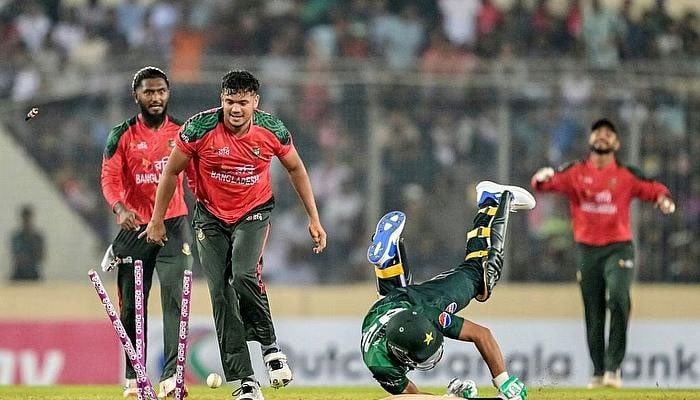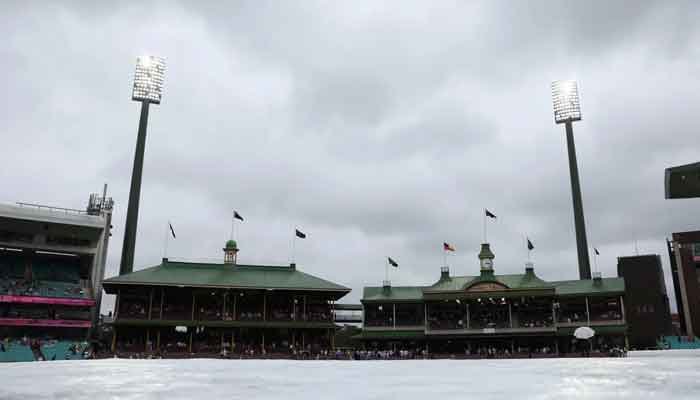The participation of the Pakistani men’s hockey team in the upcoming Men’s Asia Cup has been thrown into uncertainty following India’s reluctance to issue visas to the players. The development has prompted growing concern from the Asian Hockey Federation (AHF) and other international sports bodies, which are now actively working behind the scenes to ensure Pakistan’s presence in the tournament.
India, which is set to host the prestigious event, has reportedly signaled its unwillingness to grant visas to the Pakistani squad. According to sources, this stems from ongoing political tensions between the two nations, particularly following the recent Pahalgam incident, which has further strained diplomatic relations.
AHF Takes Notice of Visa Crisis
The AHF, which governs field hockey in Asia, is said to be deeply concerned about the situation. Officials within the federation are believed to be exploring diplomatic and administrative channels to secure Pakistan’s participation, stressing the importance of keeping sports free from politics.
AHF sources indicated that the exclusion of a major hockey-playing nation like Pakistan could undermine the spirit and credibility of the tournament, which is supposed to promote regional unity and sporting excellence. The federation is expected to release a formal stance in the coming days.
PHF Responds: Awaiting Official Communication
In response, the Pakistan Hockey Federation (PHF) has confirmed that while rumors and unofficial reports are circulating, they have not yet received any formal notification from either the Indian government or tournament organizers about a visa refusal.
We are closely monitoring the situation,a PHF official told reporters. At this point, we haven’t received an official denial of visas. However, we are in constant communication with the Asian Hockey Federation and the Government of Pakistan to address the issue through proper diplomatic channels.
The PHF also emphasized that sports and politics should remain separate, and that denying players a chance to compete based on political disagreements sets a dangerous precedent for future international tournaments.
History of Political Tensions in Sports
This is not the first time that India and Pakistan’s political tensions have spilled over into the realm of sports. Cross-border hostility has previously affected cricket, kabaddi, and now appears to be threatening field hockey—a sport in which both nations share a rich and storied history.
Following the Pahalgam incident, in which security concerns and geopolitical blame games escalated, India reportedly issued a blanket refusal on all Pakistani sports delegations, raising fears of Pakistan’s possible exclusion from not just the Asia Cup but other bilateral or multilateral events hosted by India.
Possible Expulsion from the Tournament
Should India formally deny visas, Pakistan may be forced out of the tournament, a move that would not only damage the integrity of the event but could also lead to international backlash. It is understood that legal and procedural options are being explored by both PHF and AHF to counter this potential exclusion.
The PHF has also urged the international sporting community, including the International Hockey Federation (FIH), to intervene and uphold the principle of sportsmanship and inclusion.
What’s at Stake
For Pakistan, participation in the Asia Cup holds immense significance. Not only is it a key tournament in terms of regional pride, but it also serves as an important event for world ranking points and qualification pathways for other global hockey competitions.
The absence of Pakistan—a nation with a rich hockey legacy and three Olympic gold medals—would undoubtedly be a massive blow to the tournament’s competitiveness and viewership appeal.
As tensions simmer, the fate of Pakistan’s participation in the Men’s Asia Cup hangs in the balance. With the Asian Hockey Federation actively involved and the PHF seeking support from the government and global sports bodies, all eyes are now on India’s final decision.
In a time when sports can act as a bridge during conflict, this situation is a litmus test for the future of regional cooperation and the spirit of fair play. Whether politics will once again overshadow sports remains to be seen.



